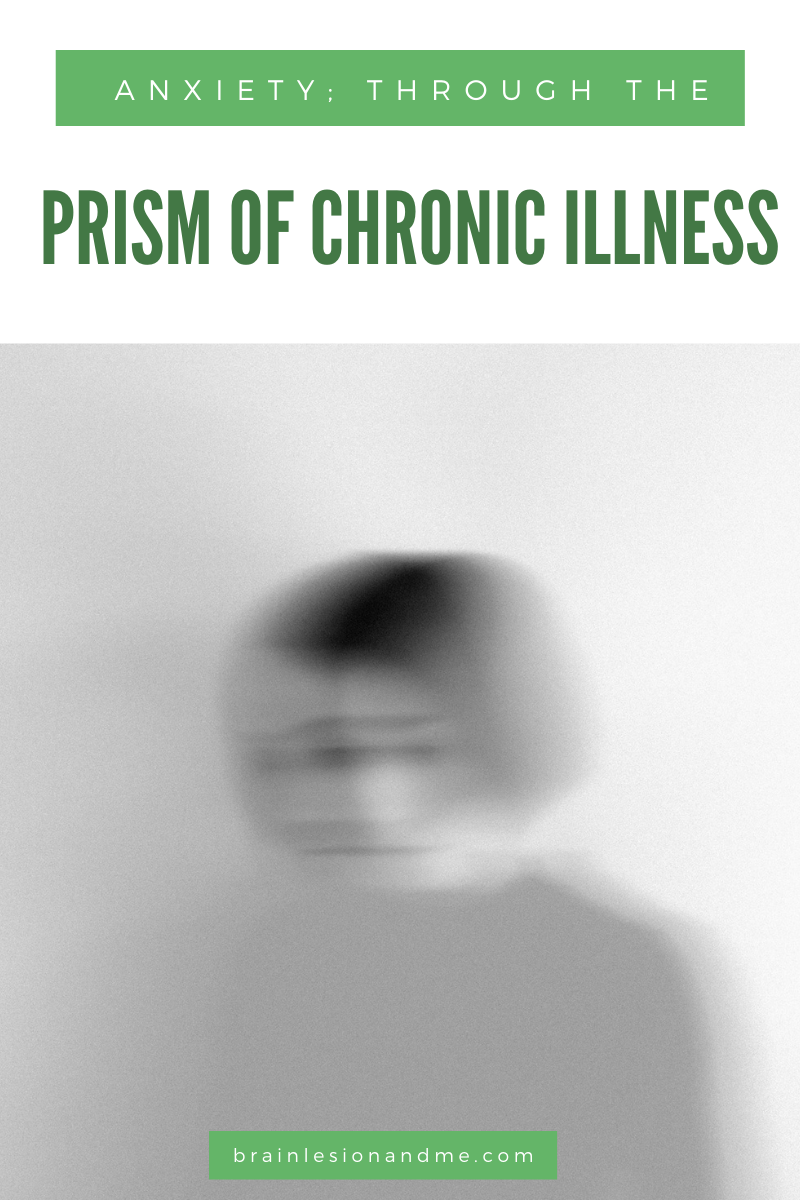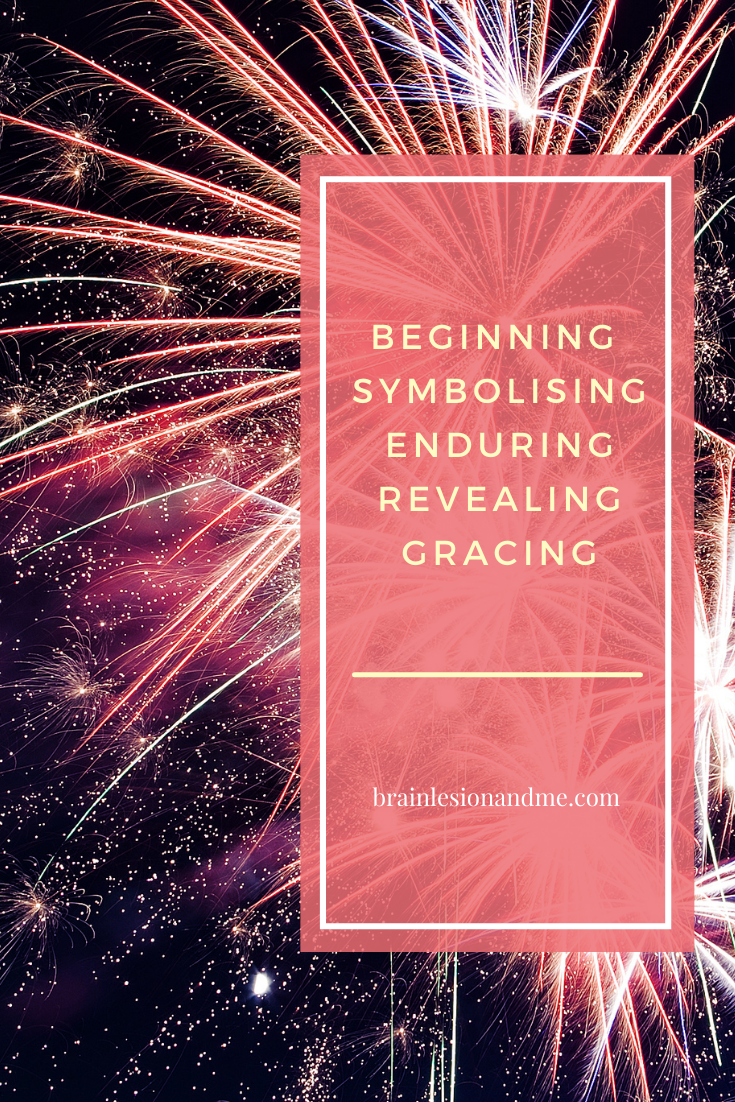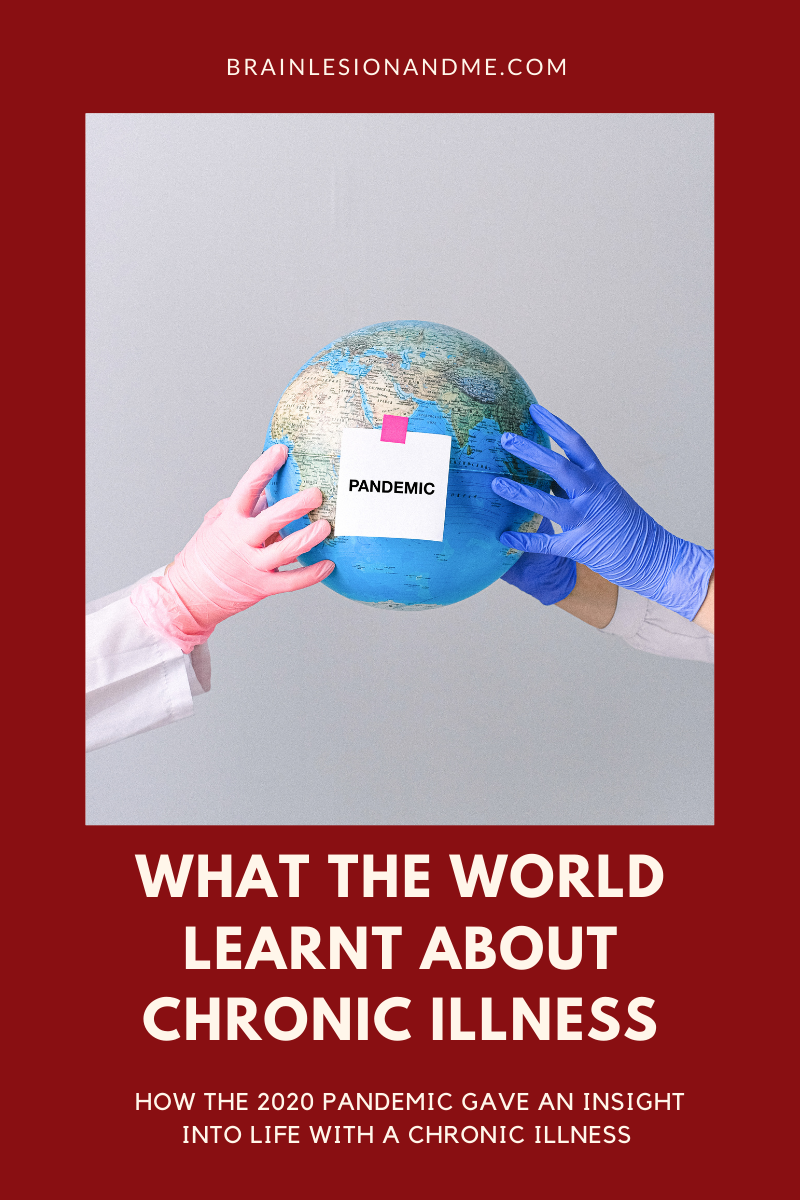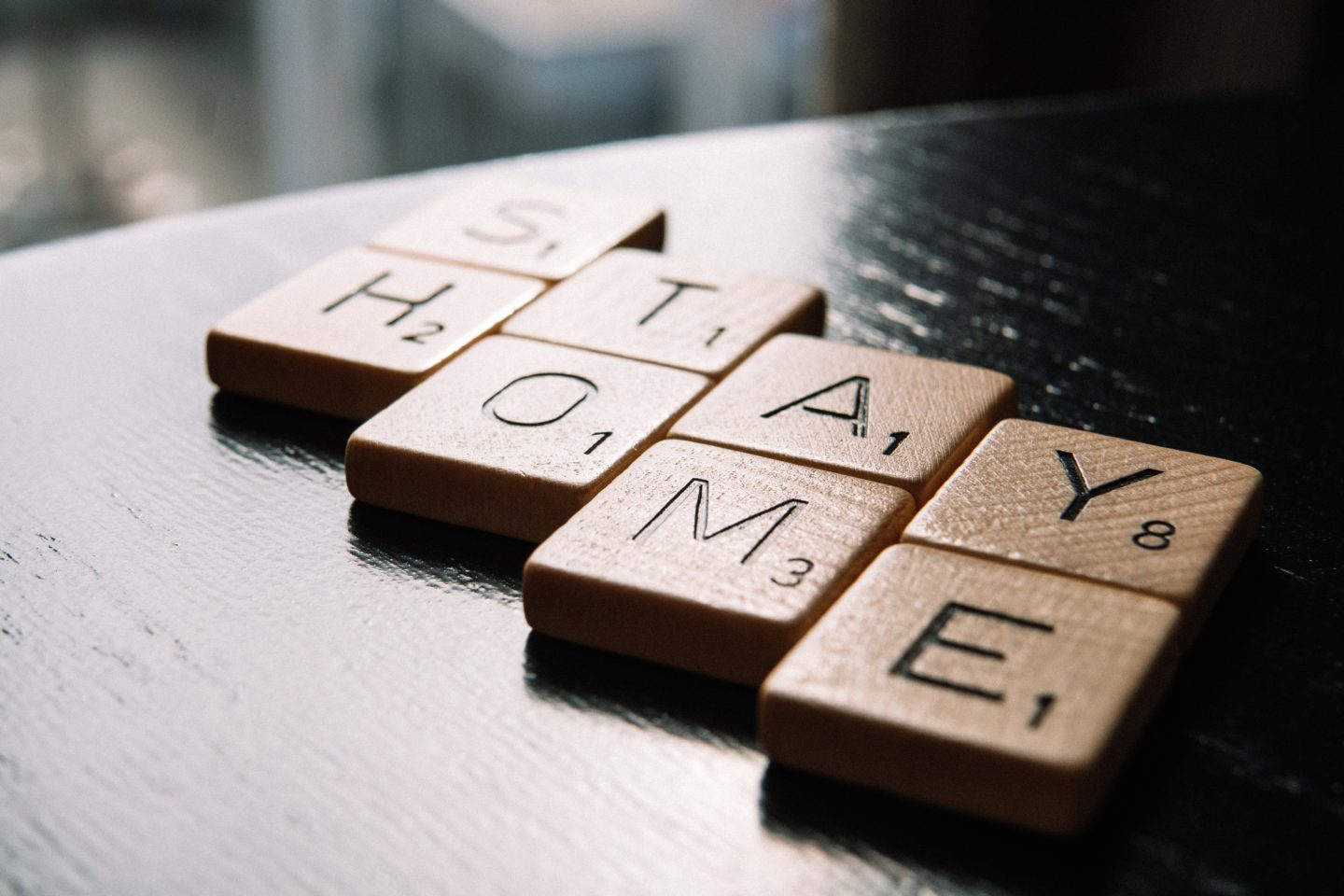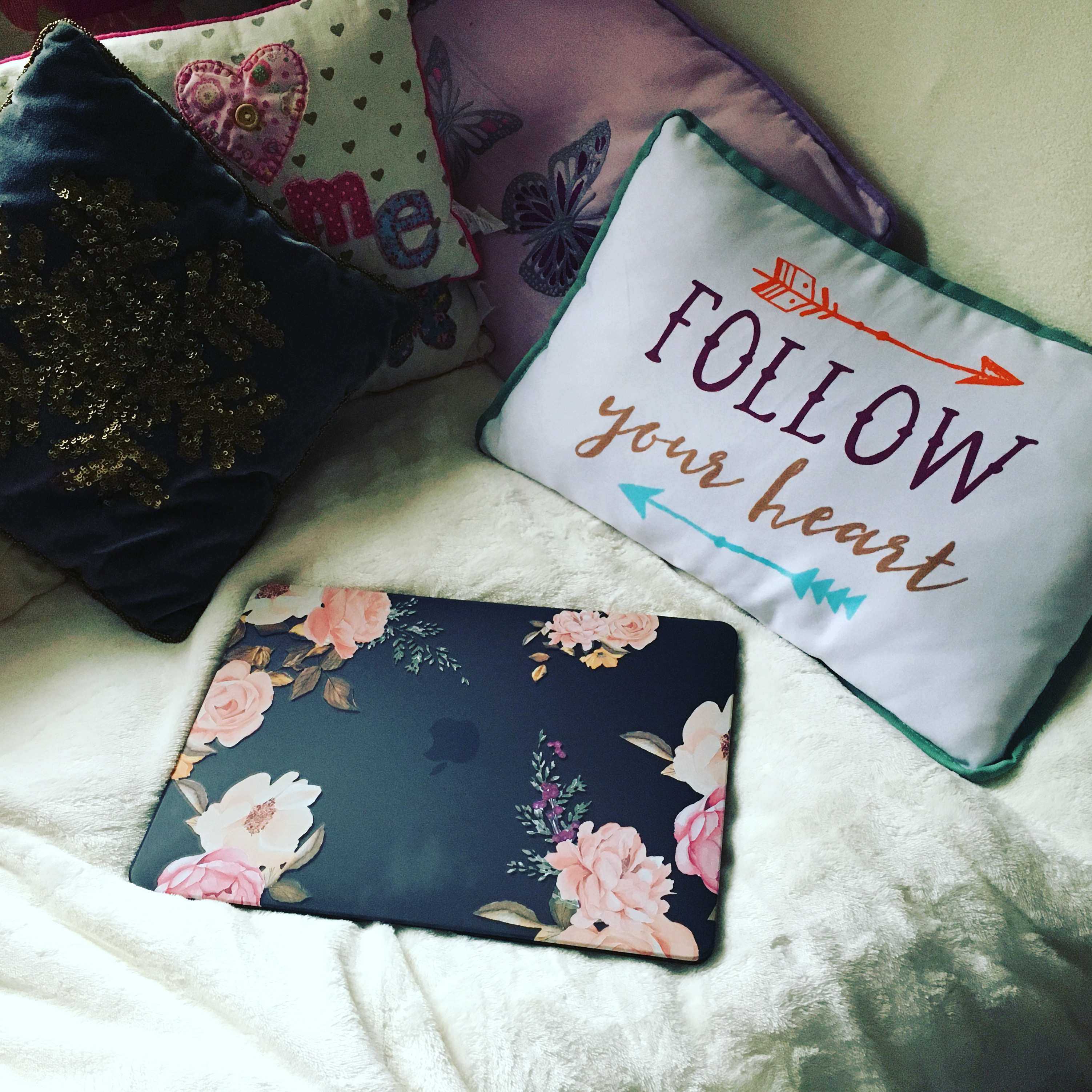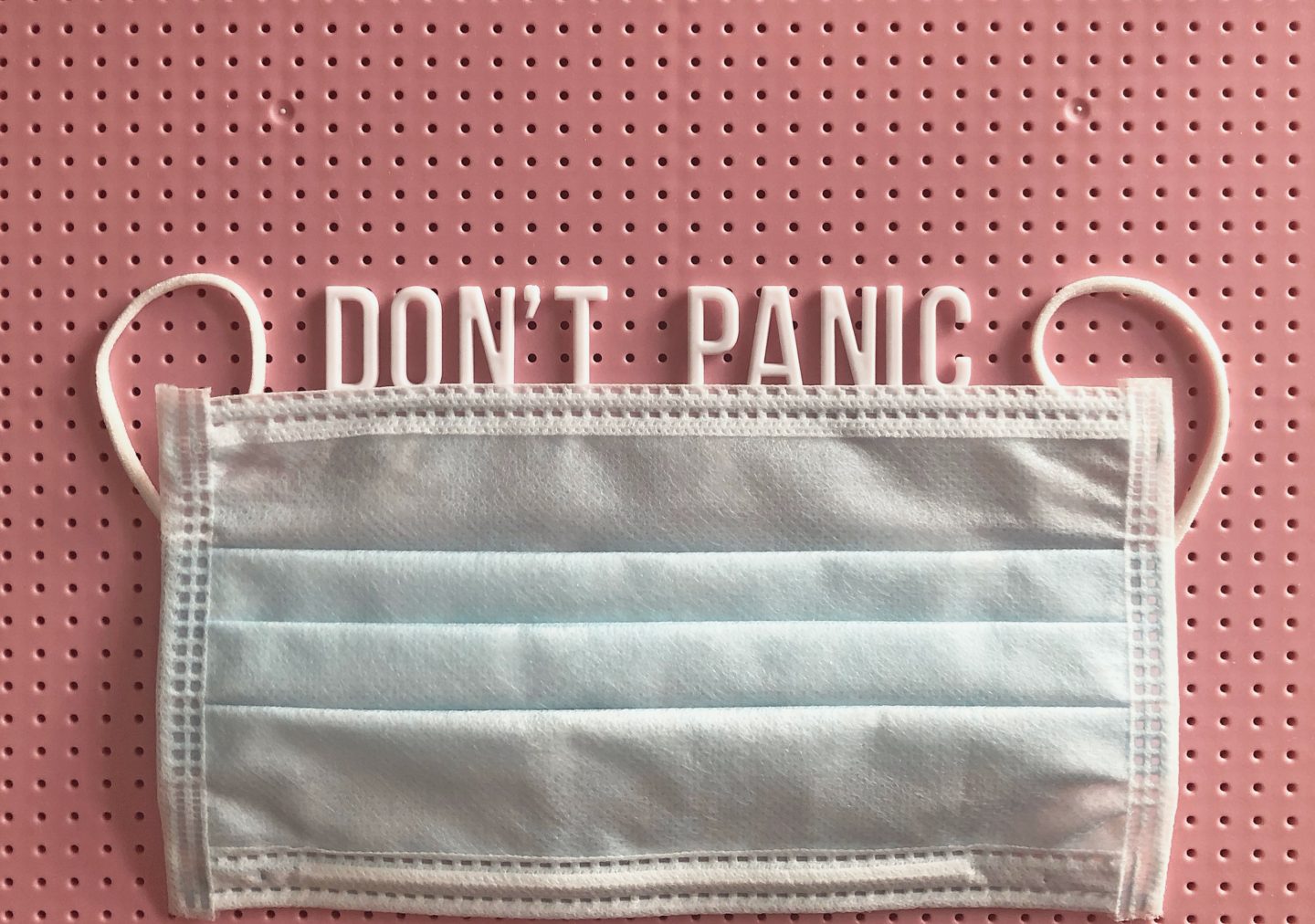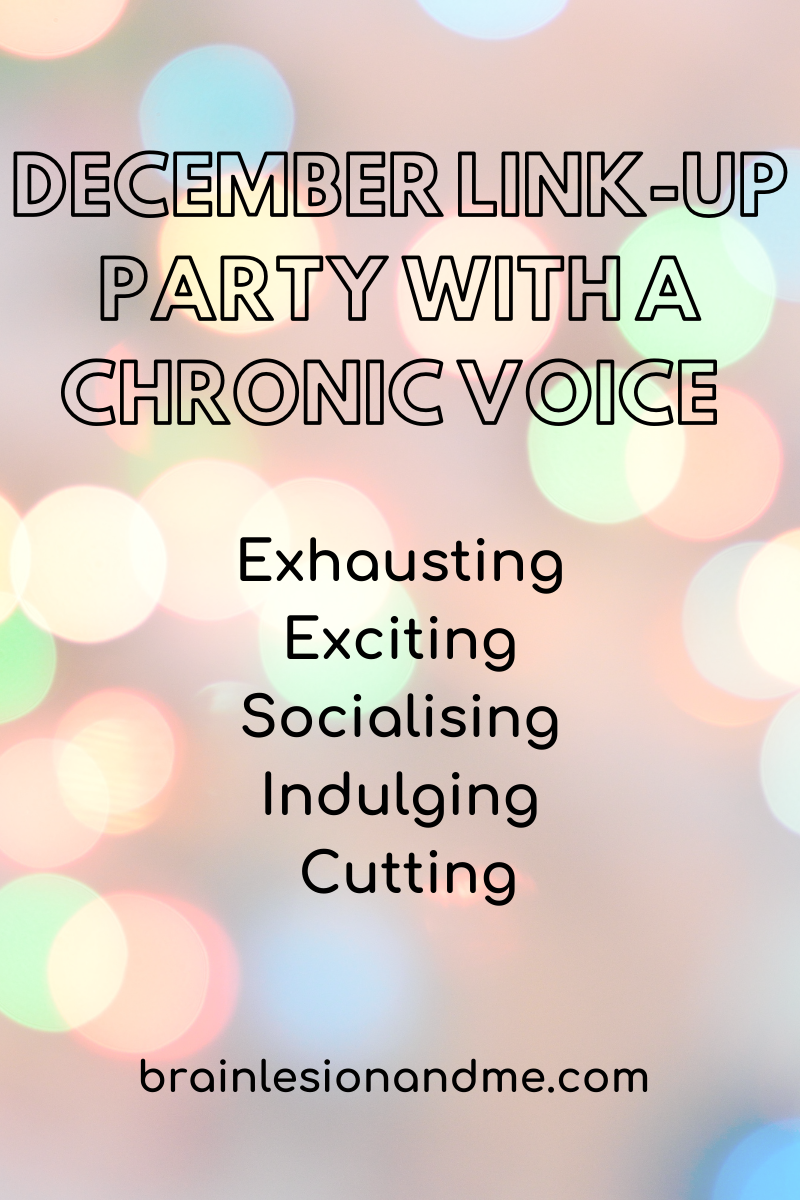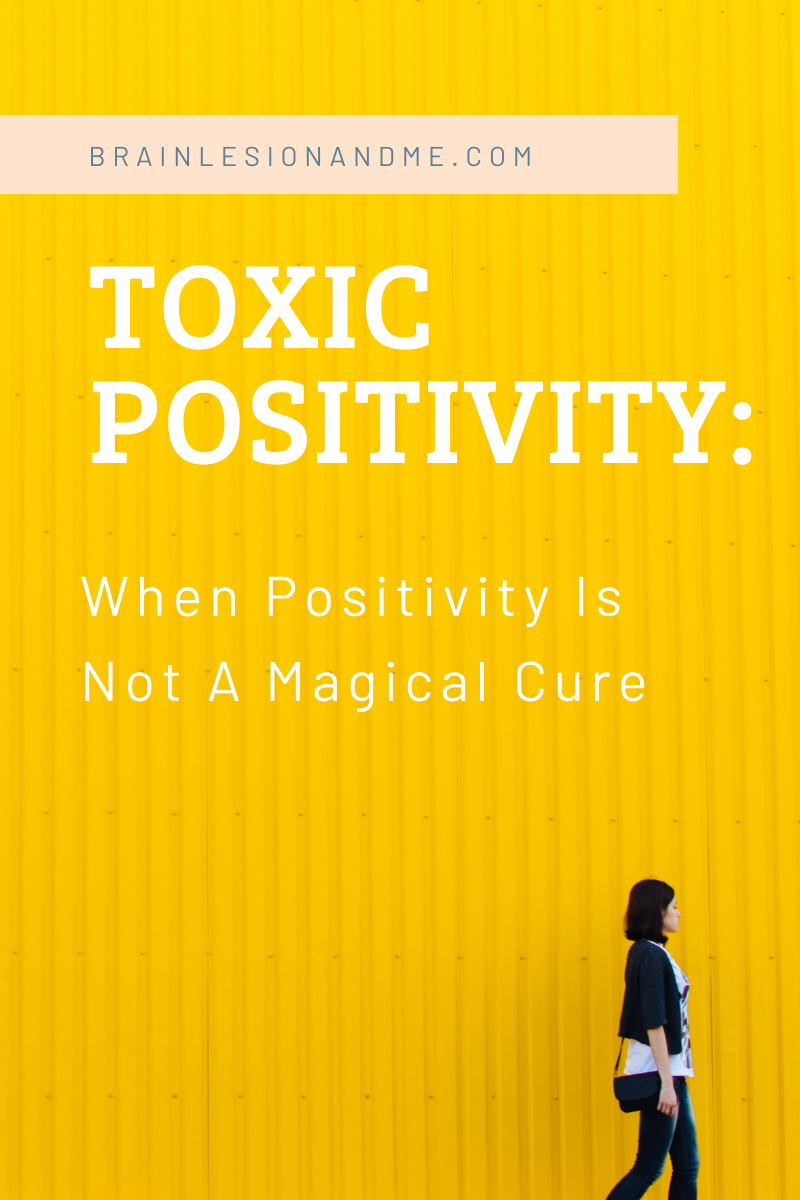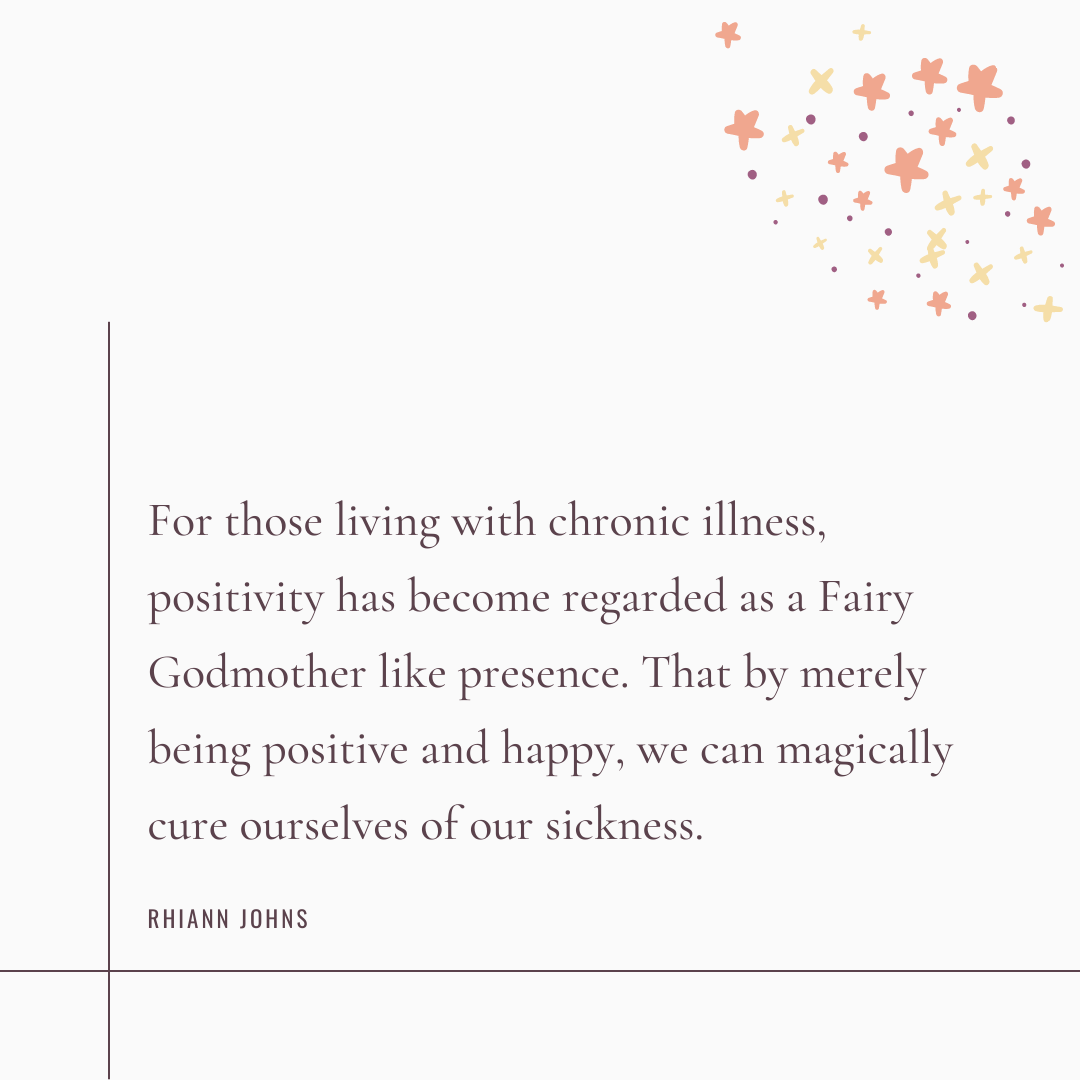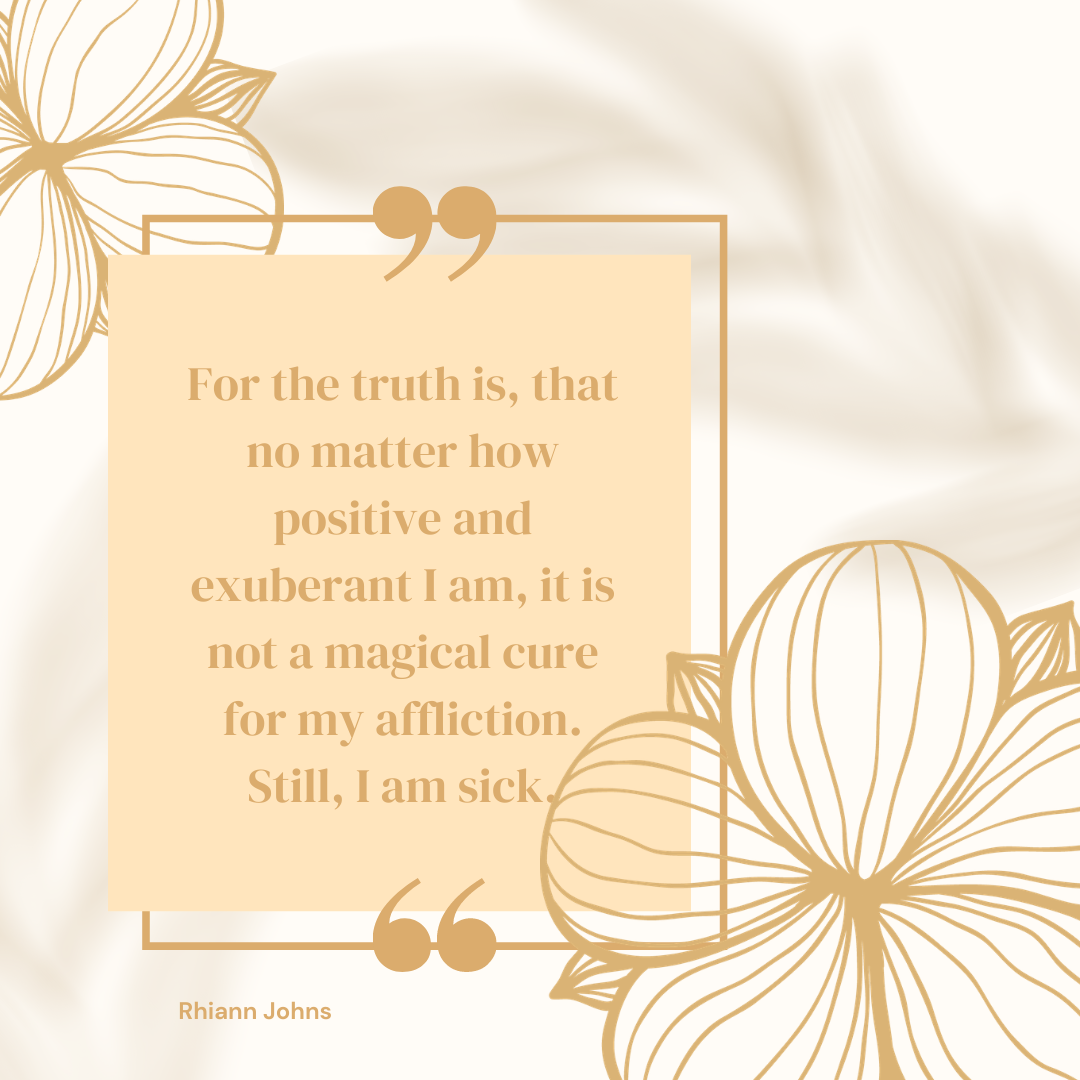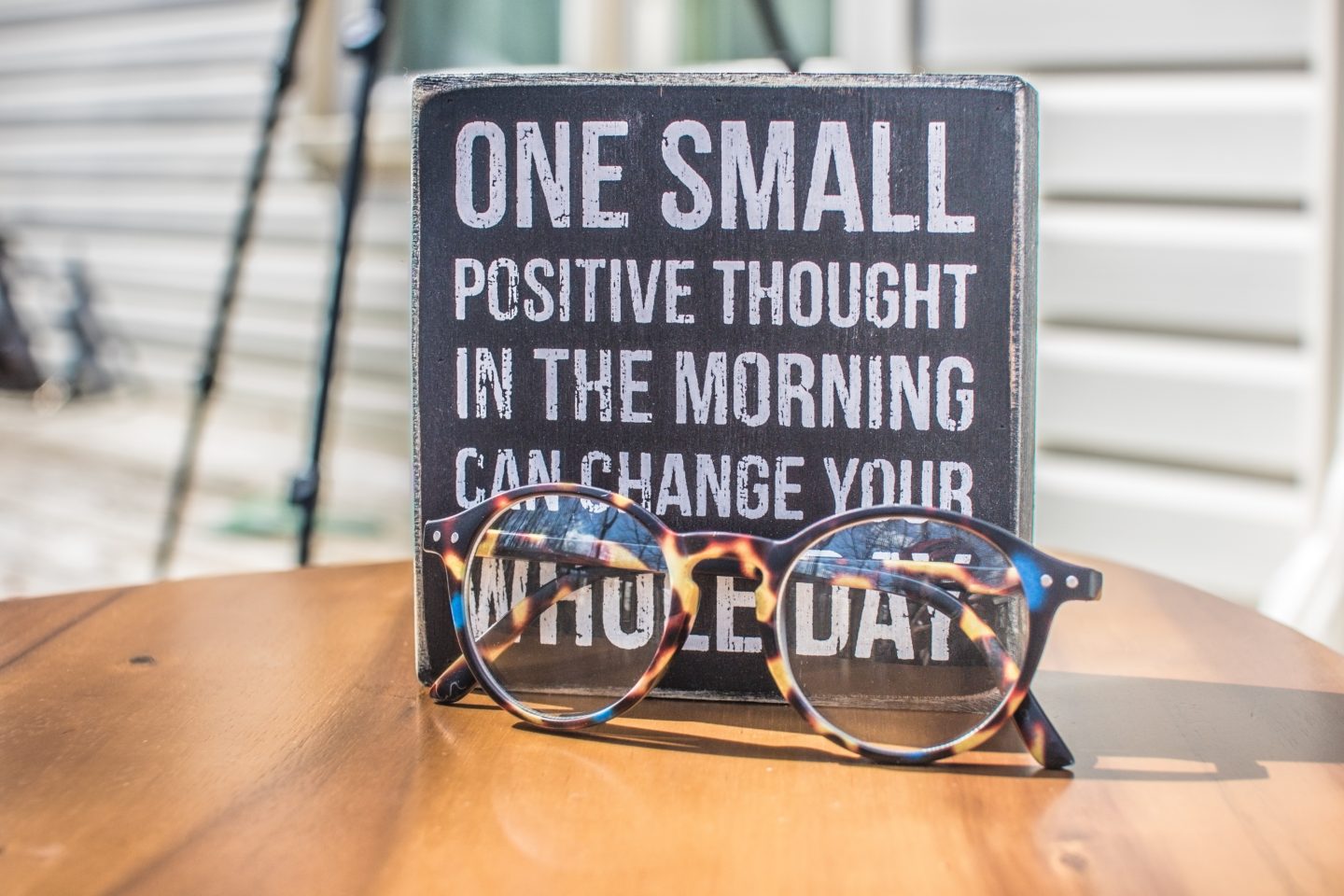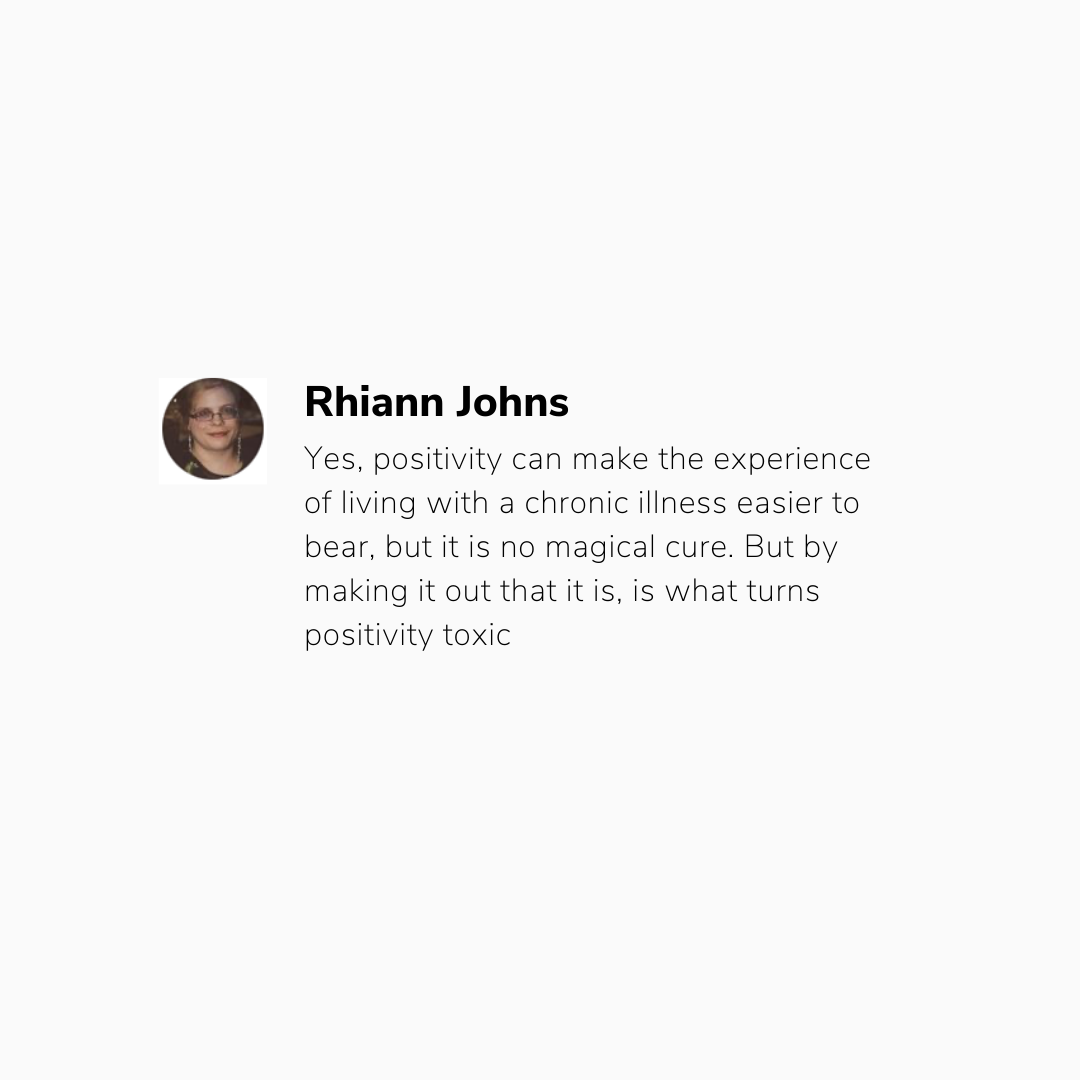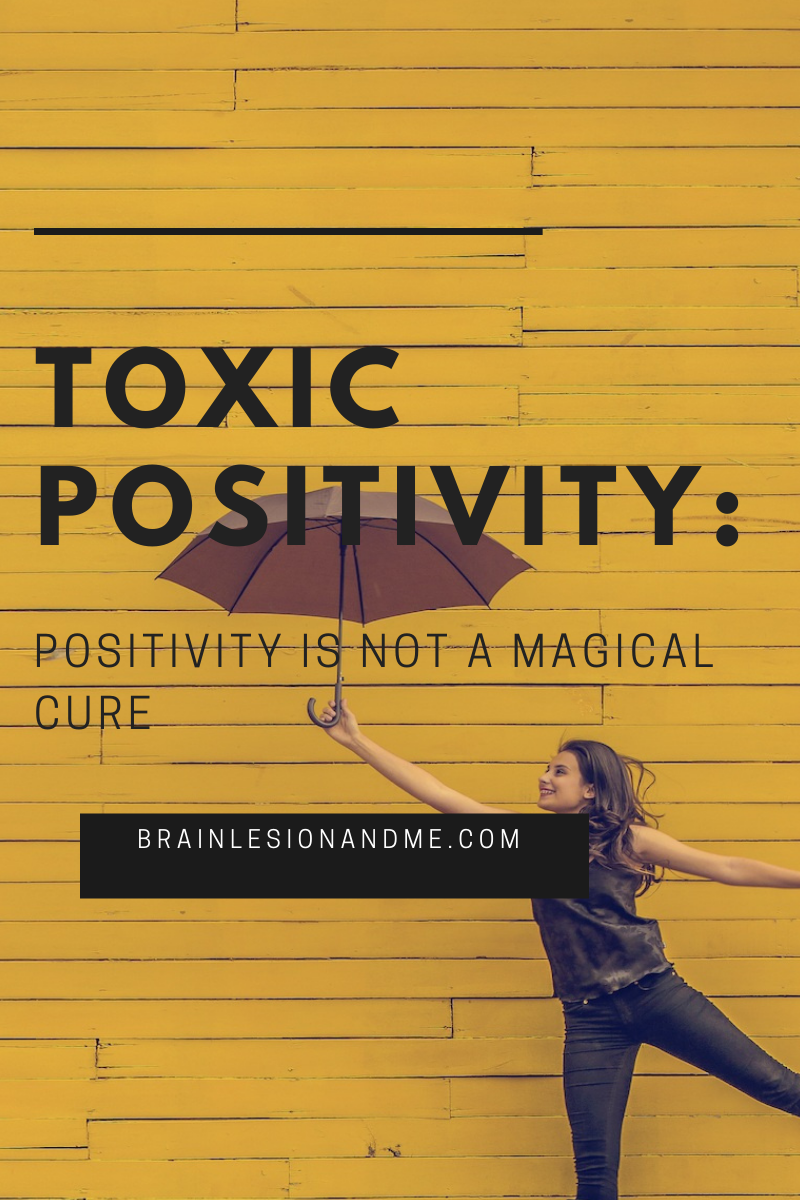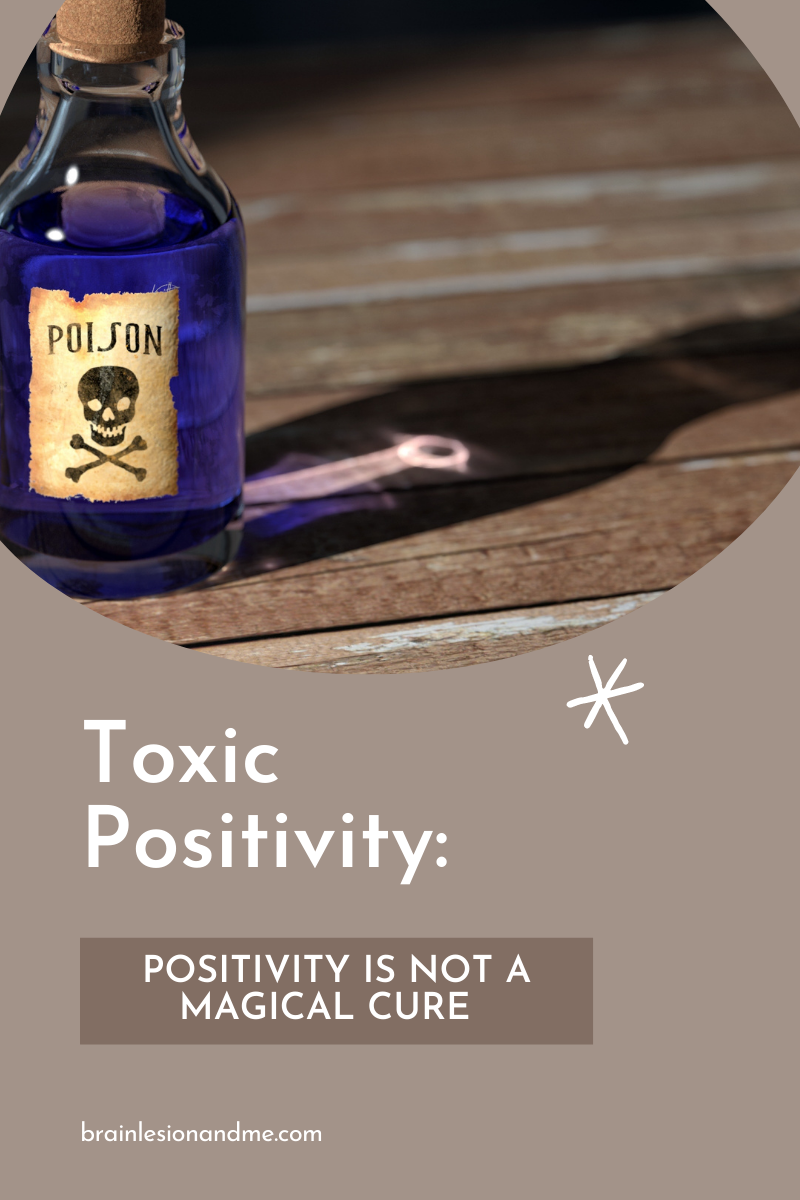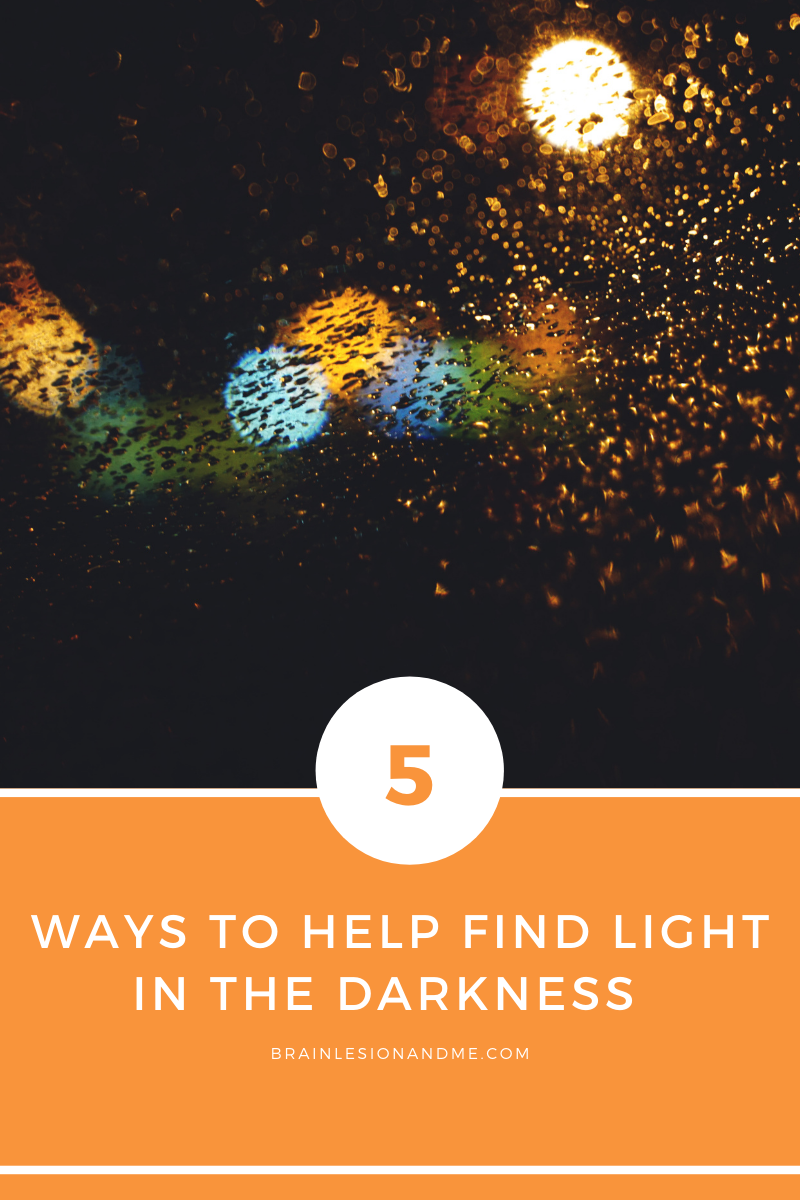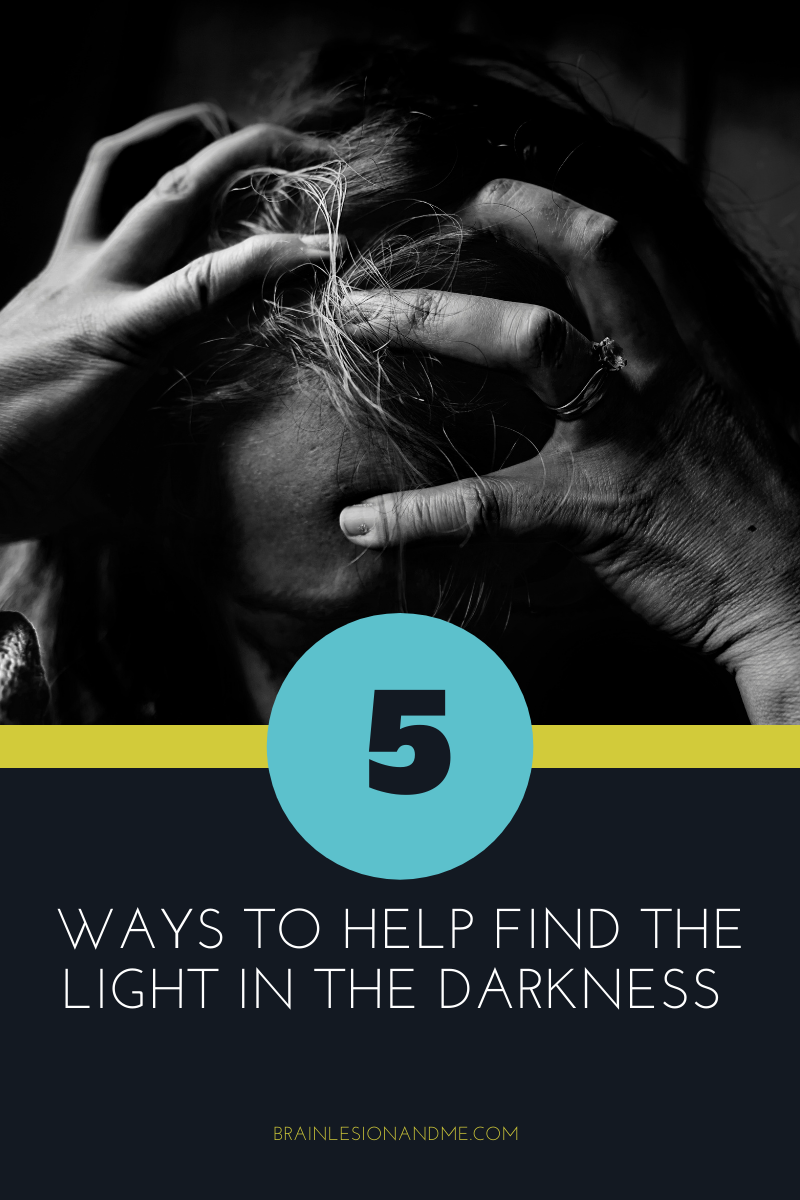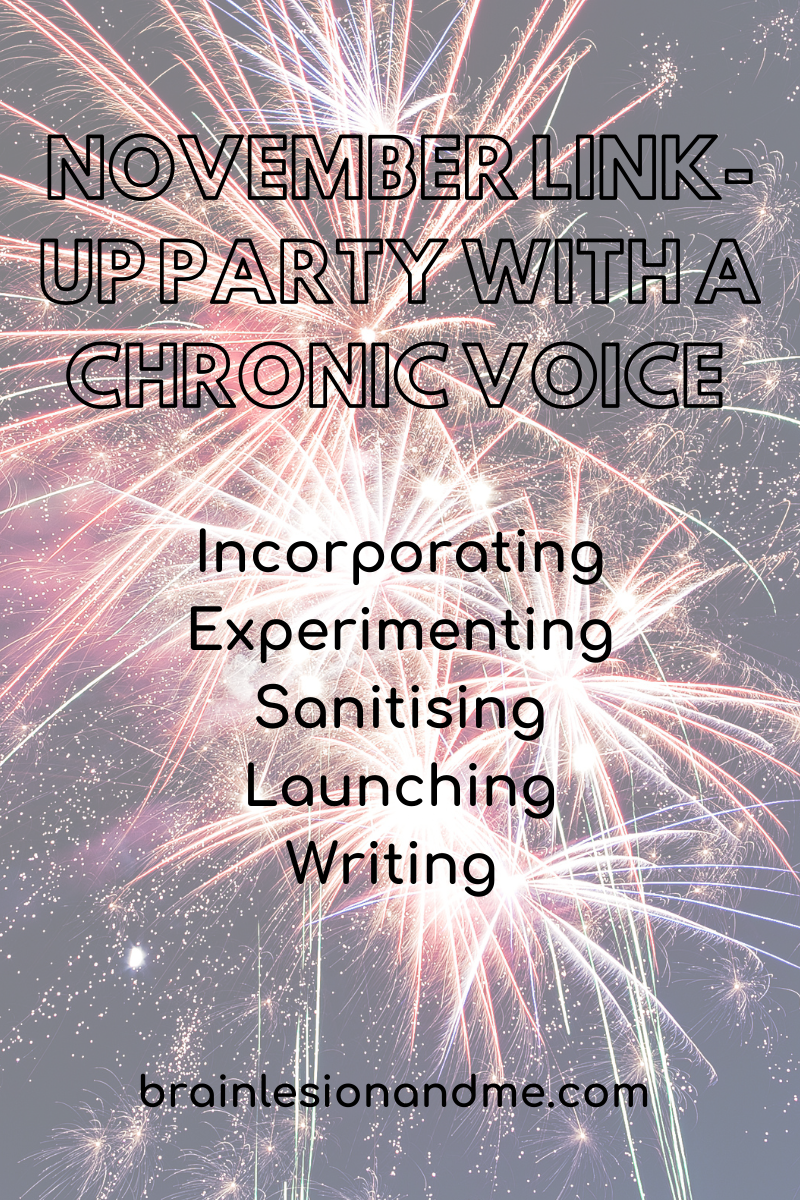Anxiety, like an unwanted stalker, has followed me for as long as I can remember.
Moments of panic and worry punctuated my life. Anxious thoughts overpowered my brain. All of which existed long before being diagnosed with a neurological disorder. Although the symptoms of which existed from a very young age, they became more pronounced as I grew up. However, doctors could find no cause to explain such symptoms. The anxiety that had always been a part of my life became a source of blame for my symptoms.
After many years of searching for answers, and many more doctors’ visits and hospital appointments, I finally had answers. I had a diagnosis and a physical explanation for my symptoms.

The anxiety that had long pursued me was, in fact, a symptom of a neurological disorder and not the cause of it as doctors had long suspected. You would expect that finally having answers would lessen and quiet it, but instead, this diagnosis only became an amplifier for my existing anxiety.
It used to be a complete mystery, but now I have a better understanding of anxiety through the prism of chronic illness. Now I realise that anxiety is not a separate issue but has developed because of a chronic illness.
"It used to be a complete mystery, but now I have a better understanding of anxiety through the prism of chronic illness. Anxiety is not a separate issue but has developed because of chronic illness." Click To TweetAnxiety: Another Symptom of Living With Chronic Illness
On reflection, the sudden appearance of intense, mysterious symptoms triggered the fear and panic that often paralysed me, stopping me in my tracks. When I understood the symptoms and why they were occurring, it no longer elicited the same terror that they used to. The anxiety was still an issue, but I could now categorise it as another symptom of living with a chronic illness.

There is still much of my condition that is shrouded in mystery. And it’s this unknown, the uncertainty that incites much anxiety in my life. With every new pain, or spasm, or symptom, an alarm bell begins to sound. I question whether such a sensation is normal, something related to my condition, or something else entirely. I worry as I try to work out if I should be worried.
"There is still much of my condition that is shrouded in mystery. And it's this unknown, the uncertainty that incites much anxiety in my life." Click To TweetBecoming Hypersensitive and Overly Vigilant of Your Body and Health
When symptoms have gone on for so long, you can no longer remember how it feels to reside inside a ‘normal’ and fully functioning body. As a result, you aren’t always able to trust your perception regarding your body and subsequent health. As a result, you become incredibly hypersensitive and vigilant of your body in ways that you would otherwise never need to be.
"You aren't always able to trust your perception regarding your body. As a result, you become incredibly hypersensitive and vigilant of your body in ways that you would otherwise never need to be." Click To TweetThe unpredictability and lack of control over such relentless symptoms often mean that you can never really be prepared for when they are suddenly going to appear.
I usually spend energy, perhaps more energy than I can spare worrying on what people think of me, or whether I will be able to walk or get out of bed each new morning when I wake. Before I’ve begun my day, anxiety is there, as I worry what the symptoms will have in store for me for the day ahead. Thoughts fly through my head, such as “If I do this today, will it aggravate and worsen the symptoms?”
"Before I've begun my day, anxiety is there, as I worry what the symptoms will have in store for me for the day ahead." Click To Tweet
On rare occasions, when mornings are uneventful, and symptoms are not present, there is a moment of joy. I imagine what can be done with this day of relative freedom from the confines of illness. However, this moment of ecstasy proves to be fleeting as once again, anxiety resurfaces. Thoughts such as “I might be feeling well, but I know that it won’t last for long” run through my mind. Anxious that at any moment, the symptoms will suddenly reemerge spoiling the day. There is also the worry of doing anything that may trigger the symptoms or worsen them.
Anxious When Leaving The House Alongside Physical Symptoms
In my experience, the unpleasant and relentless symptoms are difficult enough to live with and manage inside the safety of home. Symptoms can often be unpredictable and severe with nothing to do but to endure them. But symptoms can be much more challenging to control or predict when outside the house with all the outside world’s distractions. And as such, anxiety can often rear its head when needing to venture out into the outside world. The fear that the symptoms will suddenly appear ruining plans and our fun. Or when they do occur, we will be unable to manage or control them, thus leaving them to become out of control.

The most severe symptom that I have to contend with is the weakness and trembling in my legs.
Such symptoms can result in them giving way, without warning and leaving me lying in a heap on the floor. Such occurrences can be frightening even when at home. Leaving the house can be daunting. Images of my legs suddenly collapsing, leaving me lying in the middle of a road flash through my mind, or falling over and not being able to get back up. Flashbacks of the times such incidents have also haunted my thoughts, leaving a heavy pit of worry deep in the bottom my stomach
‘Anxious because I am unable to trust my own body’
A lot of the anxiety I experience is a result of not being able to trust my body. Every day it’s hit or miss whether my body will hold out. I don’t trust that my legs will allow me to walk. I don’t trust that I won’t get dizzy and need to hold onto something to steady myself. As a result of these severe, debilitating symptoms, I no longer feel safe anywhere. Anywhere can now seem threatening and unsafe, as my symptoms can follow me anywhere, so anxiety frequently follows me also.
"A lot of the anxiety I experience is a result of not being able to trust my body. Every day it's hit or miss whether my body will hold out. I don't trust that my legs will allow me to walk. I don't trust that I won't get dizzy." Click To Tweet
The many what-ifs surrounding my illness and all the uncertainty it creates means that my thoughts are continually racing. My mind needs to be frequently distracted; otherwise, I can spiral into panic. It is easy to find distractions at home. I practice mindfulness or play fun word games or complete jigsaw puzzles. I read or exercise to keep my mind and body as healthy as possible. But once I am out, the things I can do to distract myself are limited, so anxiety skyrockets. I become more vigilant of every sensation and symptom that is occurring within my body. The trembling in my legs heightens to the point that it feels they will collapse at any second.
Being At The Mercy of Both Anxiety and Chronic Illness
When living with anxiety and chronic illness, you are at the mercy of both. When there is a flare in either the symptoms of chronic illness or anxiety, the other will follow. Or when anxious, the already present symptoms will almost certainly worsen. When experiencing a severe, debilitating, crippling flare anxiety will also. Juggling anxiety on top of illness isn’t impossible but continually proves to be a frustrating and time-consuming challenge to master.
Anxiety has always been present, a by-product of an illness that I had yet to be aware of and continues to be a mystery. But it has been easier to understand through the prism of chronic illness. Anxiety is not a separate issue from living with a chronic illness but often develops because of it.
"Anxiety has always been present, a by-product of an illness that I had yet to be aware of and continues to be a mystery. But it has been easier to understand through the prism of chronic illness." Click To Tweet
If living with a chronic illness was a battle, then it is one that I am unable to win. The skills such as mindfulness and breathing exercise have proven to be useful in lessening the anxiety but have had no effect on the physical symptoms I endure. But perhaps the anxiety that accompanies it is one that I can defeat.

